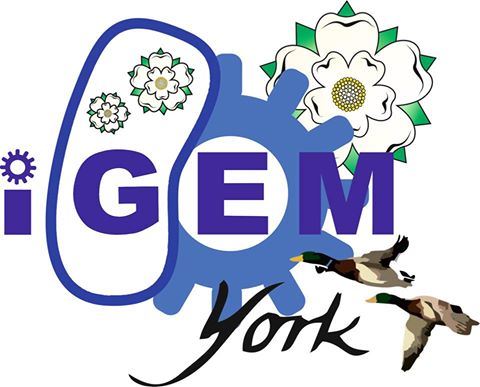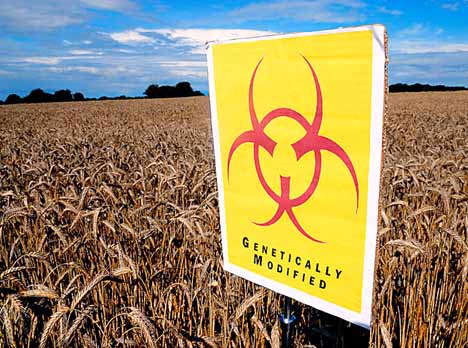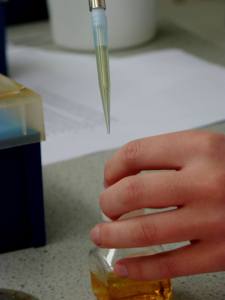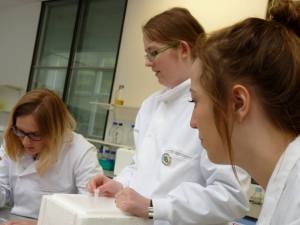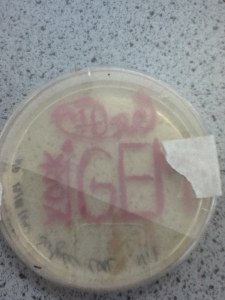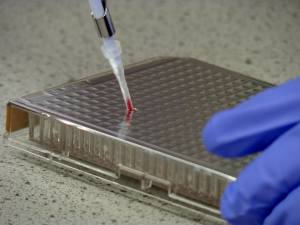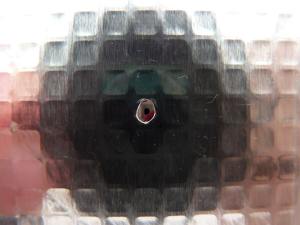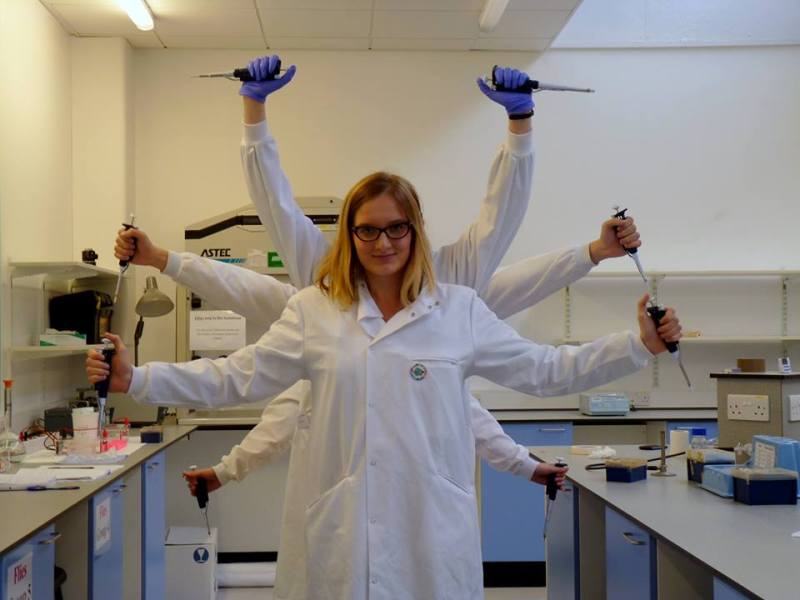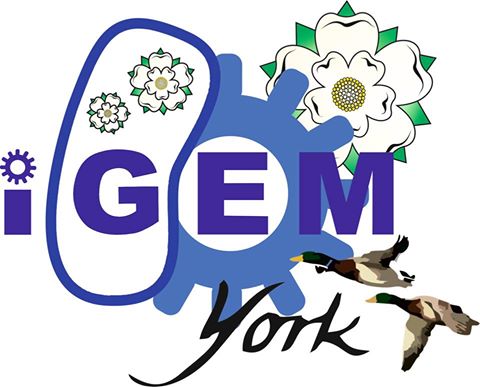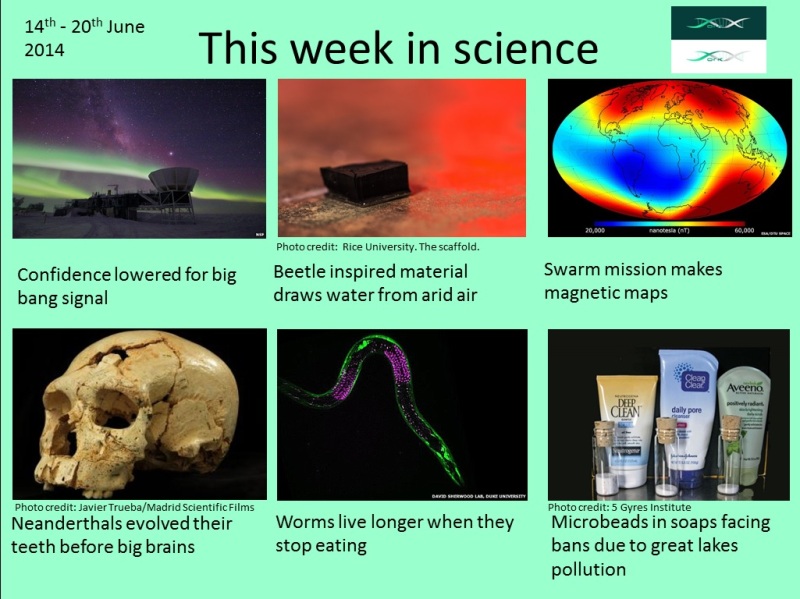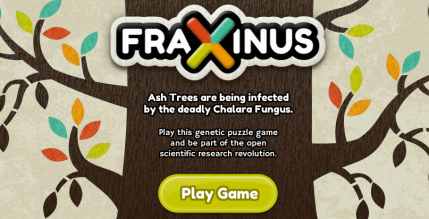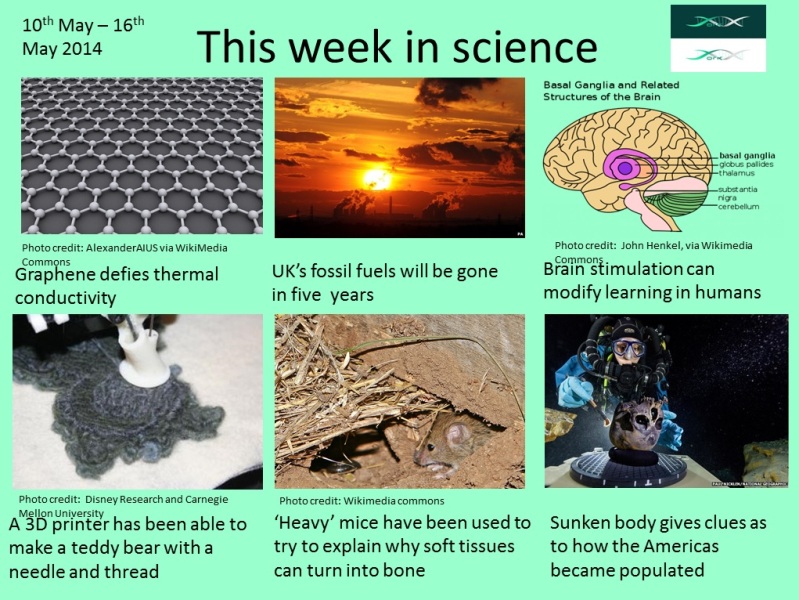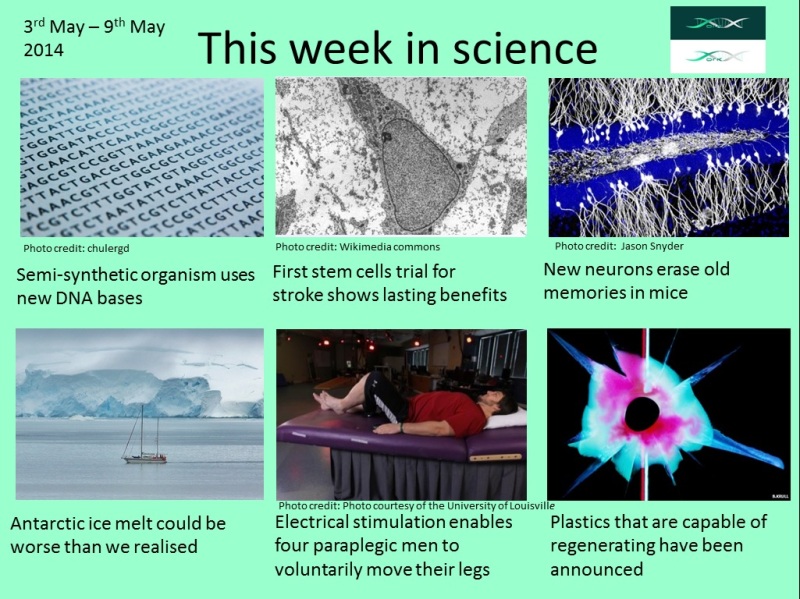Genetic modification is highly controversial. During the process of our project we have discovered quite how important opinions surrounding GMOs are. We have found companies which cannot sponsor us as they do not attach their name to anything related to genetic modification.
Yet we live in a rapidly changing world. Technology may be progressing faster than ever, but perhaps this is because we are rapidly running out of time and resources in many respects. “Necessity is the mother of invention” are words from Plato and it might be the time to ask whether genetic modification has indeed become a necessity.
It is well known that food distribution across the world is shockingly uneven. In the UK, more than two thirds of adults are now considered overweight or obese yet it is estimated nearly 870 million people around the world suffer chronic undernourishment. But even if redistribution of resources was a realistic option, the Food and Agriculture Organisation of the UN has estimated that if population growth rate continues as it is, food growth will need to increase by a massive 70% by 2050.
There simply isn’t space for this.
So what are the answers? Meat consumption is highly inefficient. A recent Horizon series is tackling the issue as to whether it could become sustainable and the outlook doesn’t look good. Yet despite this, the demand for meat continues to rise. Unless our way of eating suddenly undergoes a massive change, genetic modification might become the only viable option. And this might not be as big a change as some people think. Nearly all corn and soybeans grown in the US are currently genetically modified and these are major agricultural crops. Globally, one tenth of the world’s crop-land is used for GM agriculture. The number of meals consumed that contain GM ingredients may well have made it into the trillions over the past few decades. The European Commission has funded 130 projects on the safety of GM crops, none of which have found associated risks. It is true that there are unknowns involved in the production of anything genetically modified. Perhaps it is just as well that the potential for social outrage ensures precautions when introducing anything genetically modified into the environment. But the knee jerk reaction to genetic modification has denied people in some of the World’s most malnourished countries potentially life-changing innovations such as golden rice. Where is the morality in this?
There is no claim that GMOs will provide the magic solve-all solution to the world’s food crisis. But the truth is, there is no magic solution. So many of the problems we face today show how short-term solutions appeal to us. So long as we live in comfort today, it’s not our place to worry about tomorrow. Whether you believe genetic modification of crops is a viable and promising solution, or not, there is no denying that it is time for our attitudes to world problems to change on a large scale.
iGEM outreach and human practice projects are often about educating and changing people’s attitudes. Have you come across people in your work/project or in everyday life that you think need to change their attitude? Leave us a comment with your experience!
